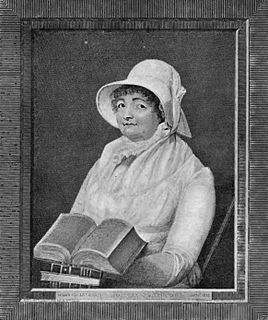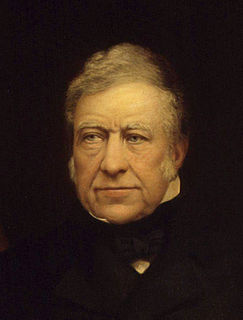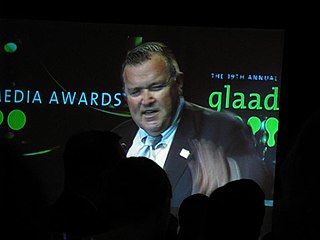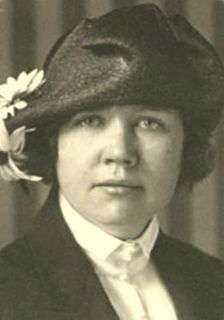A Quote by Joanna Southcott
The next summer, 1794, corn grew dear, and distress began in our land.
Related Quotes
My family lived off the land and summer evening meals featured baked stuffed tomatoes, potato salad, corn on the cob, fresh shelled peas and homemade ice cream with strawberries from our garden. With no air conditioning in those days, the cool porch was the center of our universe after the scorching days.
The meter is ticking [particularly in the face of climate change], so you've got to get to as much as you can as fast as you can. I grew up with 'This Land Is Our Land,' and public land doesn't belong to that administration or this one. We want our kids to grow up with real natural places, not just photos of them.
The prairies were dust. Day after day, summer after summer, the scorching winds blew the dust and the sun was brassy in a yellow sky. Crop after crop failed. Again and again the barren land must be mortgaged for taxes and food and next year's seed. The agony of hope ended when there was not harvest and no more credit, no money to pay interest and taxes; the banker took the land. Then the bank failed.
I was the little French boy who grew up hearing people talk of De Gaulle and the Resistance. France against the Nazis! Then when that boy grew up, he began to uncover things. We began to legitimately ask the question, 'What exactly did our parents do during the Occupation?' We discovered it was not the story they were telling us.
Once I was in a cafe in Portland and the woman at the next table and I began chatting and in the course of our conversation she strongly recommend I visit this web site called 'The Rumpus' so I could read this advice column called 'Dear Sugar.' It was so painful not to tell her that in fact I was Sugar, but I didn't.
I fell for her in summer, my lovely summer girl, From summer she is made, my lovely summer girl, I’d love to spend a winter with my lovely summer girl, But I’m never warm enough for my lovely summer girl, It’s summer when she smiles, I’m laughing like a child, It’s the summer of our lives; we’ll contain it for a while She holds the heat, the breeze of summer in the circle of her hand I’d be happy with this summer if it’s all we ever had.
I remember so many times in the summer there was shootouts and things going on and it was just a part of it. It wasn't even like you regretted it; you still was looking forward to next summer. It was like oh damn, my man got killed but we gon' rep him and next summer we gonna ball again. It was just a part of the culture.
I don't know about being a Catholic anymore, though I had a great romance with the Church. But its male hierarchy causes me pain and distress. So I can't really pay too much attention. When that encyclical from the Pope - the one about contraception - began 'Dear Sons and Brothers' I figured it must be private mail and had nothing to do with me. So I didn't read it.
Every New Englander might easily raise all his own breadstuffs in this land of rye and Indian corn, and not depend on distant andfluctuating markets for them. Yet so far are we from simplicity and independence that, in Concord, fresh and sweet meal is rarely sold in the shops, and hominy and corn in a still coarser form are hardly used by any.
You know they call corn-on-the-cob, "corn-on-the-cob", but that's how it comes out of the ground. They should just call it corn, and every other type of corn, corn-off-the-cob. It's not like if someone cut off my arm they would call it "Mitch", but then re-attached it, and call it "Mitch-all-together".



































